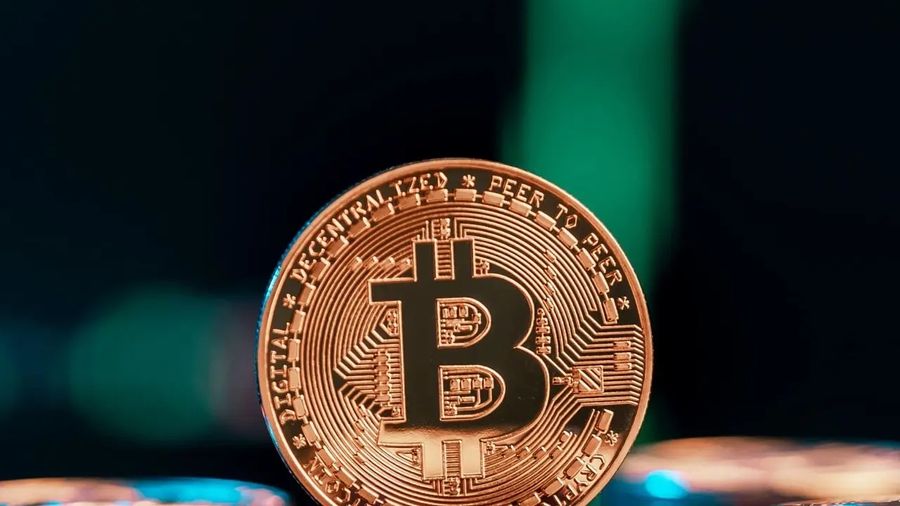· blockchain · 2 min read
Bitcoin developers feud over whether to stamp out memecoins that have swarmed the network, led to an 11x spike in May 2023 processing fees, and created a logjam
The coders who maintain Bitcoin’s blockchain are clashing over whether to stamp out the meme tokens swarming the network. A torrent of speculative coins led to a record number of transactions and an 11-fold spike in processing fees on the blockchain in May, creating a logjam and forcing the Binance exchange to temporarily halt Bitcoin withdrawals. The debate over meme tokens highlights one of Bitcoin’s core challenges: striking a balance between decentralization -- which allows anyone to participate in its network -- and efficiency -- which ensures transactions are fast and cheap. It also raises questions about how much control coders should have over what happens on the blockchain, and whether they should intervene to protect Bitcoin’s credibility and value.

Meme tokens are a phenomenon that has taken the crypto world by storm. They are coins that are created for fun or profit, often based on popular internet memes or jokes. Some examples of meme tokens are Dogecoin, Shiba Inu, and SafeMoon. While some people see them as a harmless way to express themselves or make money, others view them as a threat to the integrity and value of Bitcoin and other serious cryptocurrencies.
In May, a surge of meme tokens flooded the Bitcoin network, causing a record number of transactions and an 11-fold increase in processing fees. This created a bottleneck and affected the performance of some exchanges and platforms that use Bitcoin, such as Binance, which temporarily stopped Bitcoin withdrawals.
This situation sparked a debate among the coders who maintain and update the software that runs the Bitcoin blockchain, which is a distributed ledger that records and verifies all Bitcoin transactions. Some coders want to implement a change that would reject or discourage the transactions of meme tokens, arguing that they are spamming the network and undermining Bitcoin’s credibility and value. Others oppose this change, claiming that it would violate the principles of openness and neutrality that underpin the Bitcoin blockchain, and that meme tokens are part of the diversity and innovation in the crypto space.
This conflict reflects the trade-off between decentralization and efficiency in the Bitcoin blockchain, as well as the potential impact of meme tokens on Bitcoin’s reputation and value as a digital currency. How will this issue be resolved? What are your thoughts on meme tokens? Let me know in the comments below!
Key takeaways
- Meme tokens are coins that are created for fun or profit, often based on popular internet memes or jokes.
- The explosion of meme tokens in May congested the Bitcoin network and increased the fees, affecting some exchanges and platforms that use Bitcoin.
- The Bitcoin coders are divided over whether to reject or discourage the transactions of meme tokens, or to leave them alone as part of the network’s openness and neutrality.
- The debate over meme tokens highlights the tension between decentralization and efficiency in the Bitcoin blockchain, as well as the potential impact of meme tokens on Bitcoin’s reputation and value as a digital currency.
Read more:
- Bitcoin developers feud over whether to stamp out memecoins that have swarmed the network, led to an 11x spike in May 2023 processing fees, and created a logjam
- Republican bill seeks SEC, CFTC ‘clarity’ on crypto, memecoin frenzy drives Uniswap to record
- SHIB, PEPE: Bitcoin Devs Want to Crush $500 Million Meme Coin Market